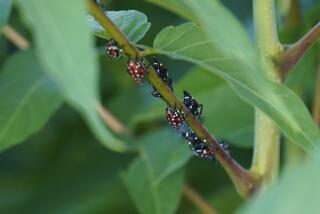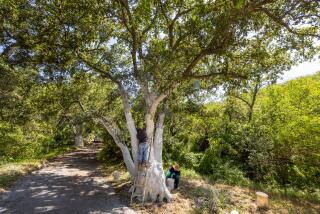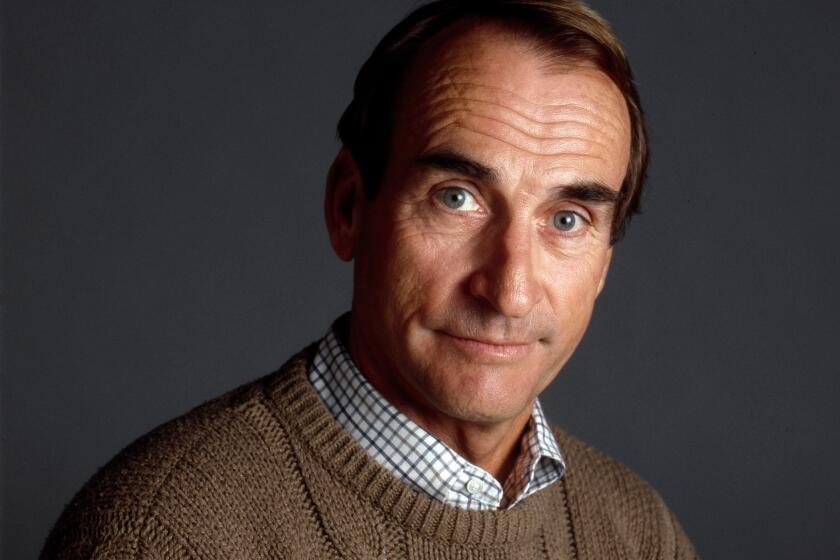Lincoln Brower, expert and advocate for iconic monarch butterfly, dies at 86
Lincoln Brower, who was considered one of the foremost experts on the iconic monarch butterfly and a scientist who advocated for protection for the declining species, has died. He was 86.
Linda Fink, his wife, confirmed Friday that Brower died July 17 at home in Nelson County, Va., after a long illness.
Brower studied the orange-and-black-winged insect for more than six decades. It is famous for its epic migration each year.
“What attracted Lincoln is they’re so incredibly interesting,” said Karen Oberhauser, a monarch expert and director of the University of Wisconsin-Madison Arboretum.
Light as a paper clip, the butterflies migrate like birds or whales. Most travel 2,000-plus miles from various states in the U.S. and Canada to the mountains of Mexico. A much smaller number goes to the California coast.
In those places, the winter climate typically doesn’t freeze them. But it’s cool enough that the insects maintain their fat preserves to begin their return.
It’s a multigenerational journey north as the butterflies and their offspring feed off milkweed. Eventually, the cycle starts anew.
Brower spent a lot of time in Mexico, where massive clusters of monarchs hang like Spanish moss in fir forests.
“Just imagine a place where there are a hundred million of whatever you were studying hanging from the trees,” said Brower’s son, Andrew Brower, who studies butterflies and is a biology professor at Middle Tennessee State University.
Brower also charted the butterflies’ stark decline. Its overall population has fallen by about 80% over the last two decades, according to the Center for Biological Diversity, a conservation group.
Herbicide use, logging and severe weather events have all threatened the butterfly. In 2002, freezing temperatures and rain led to a massive die-off in Mexico.
“Sticking my hand to gently pull out the beautiful delicate creatures I’ve worked with for 25 years, there was an almost overwhelming feeling of sadness,” Brower told the Associated Press.
In 2014, Brower placed his name alongside conservation groups to petition the federal government to protect the monarch under the Endangered Species Act.
The U.S. Fish and Wildlife Service is expected to make a decision next year.
“He was the only scientist who joined the petition — it’s a gigantic deal,” said Tierra Curry, a senior scientist at the Center for Biological Diversity. “A lot of scientists shy away from advocacy.”
Brower grew up in northern New Jersey, his son said. He earned a biology degree from Princeton University and a doctorate in zoology from Yale University.
He taught at Amherst College before moving to the University of Florida. At the time of his death, he was a professor at Sweet Briar College in Virginia and an emeritus professor at the University of Florida.
“If the monarch butterfly migration is to survive, it will be in large part thanks to Dr. Lincoln Brower’s dedication and work during the past half century,” Homero Aridjis, a former Mexican diplomat and environmentalist, said in a statement.
Besides his wife and son, Brower is survived by a daughter, Tamsin Barrett, his son said.
More to Read
Start your day right
Sign up for Essential California for the L.A. Times biggest news, features and recommendations in your inbox six days a week.
You may occasionally receive promotional content from the Los Angeles Times.






